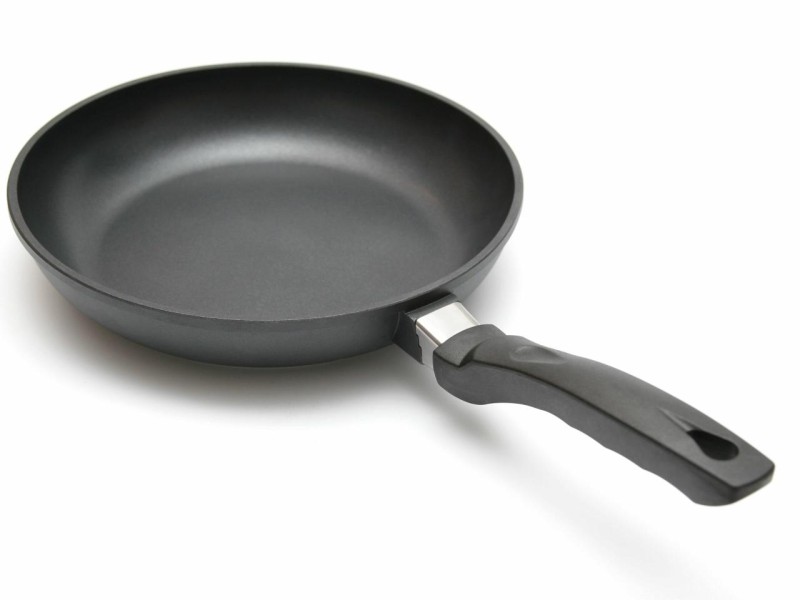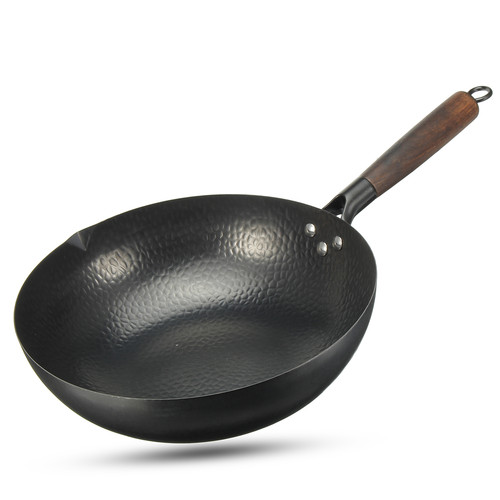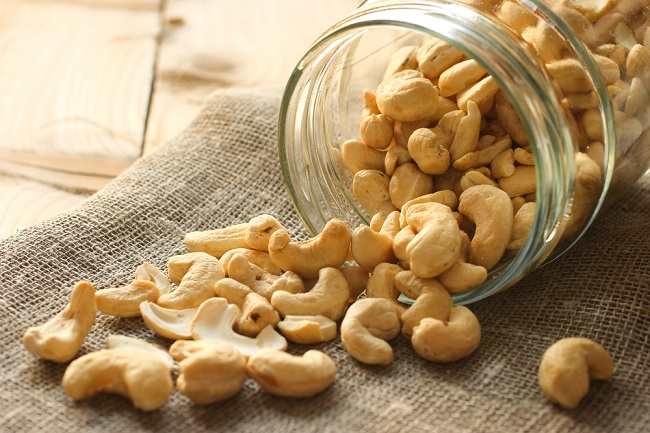Who remembers the time when there was no microwave oven? Without this convenience even ready meals had to be heated in the oven – it took about 15 minutes. But then modern science and technology brought us the microwave oven, which can heat the food quickly – in 30 seconds or a few minutes. Does this convenience do good or is it harmful to our health?

1. How Microwave Oven Works
It was even said that cooking in the microwave would conserve the nutrients of food better, despite the radiation that this type of oven emits. This is because, in any case, the loss of nutrients occurs according to the factors of time and temperature of cooking, in addition to the amount of liquid used. Because the microwave oven operates through high-frequency electromagnetic waves that have great ability to penetrate food, this oven would heat up faster than other cooking methods, which would better preserve food nutrients.
However, somehow we realize that some foods that come out of the microwave have something different. The texture and taste are not the same. Food prepared or heated in the microwave gets drunk and loses those aromas and flavors that come from cooked or baked foods more slowly, for a longer time.
Despite this, people have bought the convenience, speed, ease of heating and eating pre-prepared foods. Science, sponsored by the food industry, continued to affirm the benefits of microwave cooking but on the other hand, there are scientific studies that question the benefits of microwave food.
Does that mean that an occasional meal prepared in the microwave would be harmful? Probably not. But what about a regular diet based on foods prepared at such high temperatures? Will the delicate compounds that exist in foods such as amino acids, fatty acids, vitamins, and phytonutrients become? Apparently, yes!
2. Some studies reveal …
See below scientific literature that has pointed out that soil impoverishment, food, and health is a result of modern agriculture, processed foods, preparation of food in the microwave and lack of fresh, natural, raw, organic and whole foods.
A Scandinavian study conducted in 1999 on the cooking of asparagus indicated that its preparation in the microwave caused a reduction of vitamins.
In a study on garlic, 60 seconds of microwave heating was enough to deactivate allinase, the active ingredient in garlic known as the anticancer substance.
A study published in November 2003 concluded that broiled broccoli in the microwave with little water lost up to 97% of the beneficial antioxidants. Comparatively, steamed broccoli has lost a maximum of 11% of antioxidants. There was also a reduction in the levels of phenolic compounds and glucosinolates, but the levels of mineral salts remained intact.
A 2008 Australian study showed that the microwave causes a greater degree of protein denaturation than conventional heating.
A separate study also examined the heating in the microwave can destroy the essential agents combat diseases that exist in breast milk. In 1992, Richard Quan et al found that heated breast milk in the microwave lost lysozyme activity, antibodies, and promoted the growth of potentially more pathogenic bacteria. Quan stated that the greater damage was done to heated milk in the microwave when compared to other methods, concluding:
“Apparently, the use of the microwave is contraindicated at high temperatures , and safety concerns exist even at low temperatures.”
3. Other factors
Needless to say, it is not advisable to cook food in the microwave, although slightly warming up what is left of the lunch will probably not cause the same problems illustrated above. In addition, heating greasy foods in plastic containers can cause the release of dioxins (known as carcinogenic compounds) and other toxins in food.
The released substances include polyethylene terephthalate (PET), benzene, toluene and xylene.
In addition, microwave heating creates new compounds that are not found in humans or in nature, known as radiolytic compounds. We still do not know what effect these substances have on the human body, but it is known that they do not promote health.
4. Raw or cooked?
Raw or boiled? Some nutrients are best preserved away from light and heat, like vitamins, others are best availed if cooked, like some anti-oxidants.
Proteins are “denatured” by heating (that is, it breaks down and sometimes loses its properties), so dairy products, such as raw milk cheese, are more nutritious when not heated. Organic raw milk cheese looks best when added to salads or grains, warm vegetables, and vegetables, without overheating the dish as it preserves its nutrients.
Varying the diet is the basis of good nutrition, ie consuming a variety of foods is raw than cooked.
Many nutritionists recommend steaming or bath because these techniques would be the best to preserve the heat-sensitive nutrients.






Leave a Comment